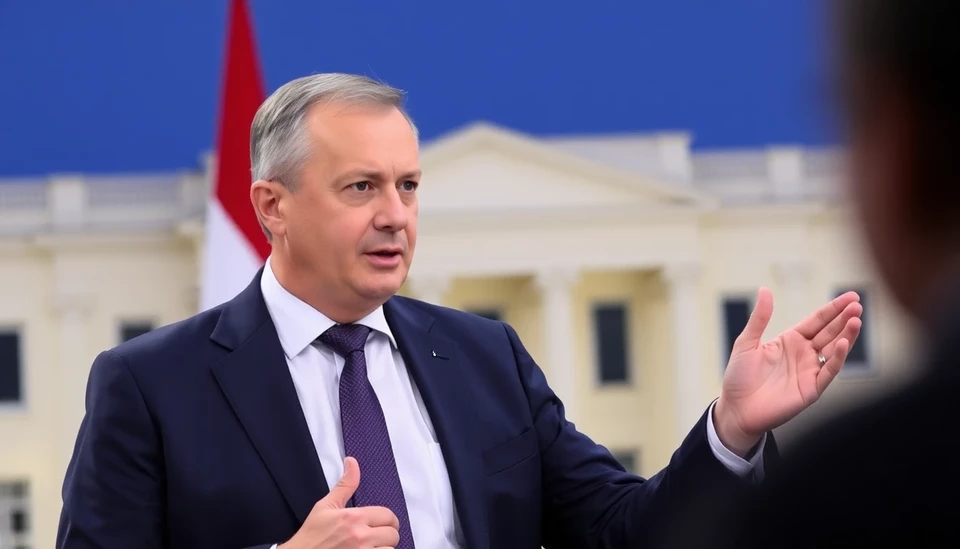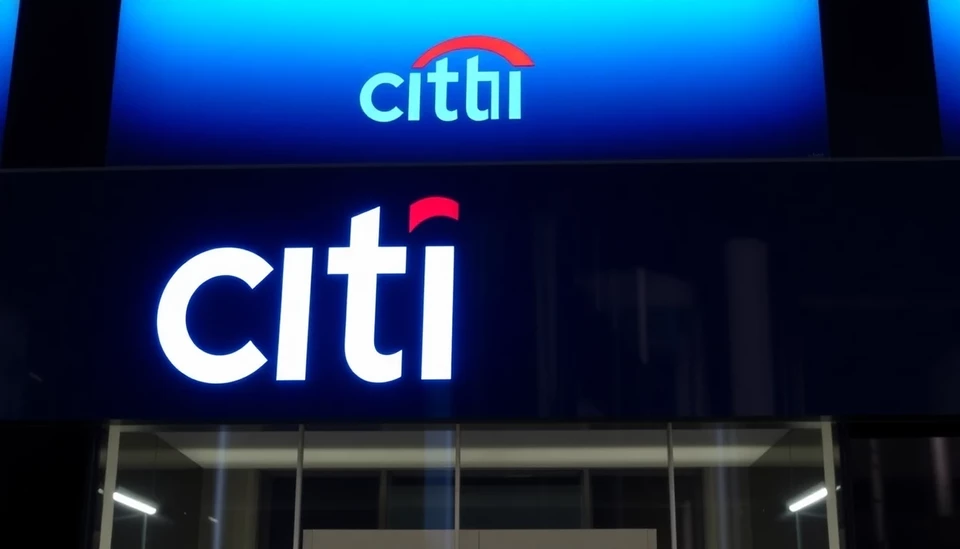
In a surprising turn of events, Hungary's Prime Minister Viktor Orban has once again sparked concern among investors by implementing a series of micromanagement strategies aimed at controlling the nation's economy more tightly. These moves, viewed by many as political maneuvers rather than economic wisdom, have led to a palpable sense of unease within financial markets, raising questions about the future direction of Hungary’s economic policies.
Orban, known for his often controversial policies, announced new measures that would significantly increase government oversight in sectors crucial to the economy. His administration is focusing on managing inflation and stabilizing prices, particularly in essential areas such as utilities and housing. While the intention behind these policies may be to shield consumers from rising costs, investors are wary that such interventions could hamper economic growth and deter foreign investment.
According to analysts, the latest strategies reveal a concerning trend of authoritarian control over economic levers, reminiscent of earlier historical precedents in Central and Eastern Europe. Observers note that while price controls may provide short-term relief for citizens, they often lead to longer-term inefficiencies, misallocation of resources, and ultimately a stifled economy.
As Orban intensifies his grip on economic management, investor sentiment appears to be faltering. International financial experts are analyzing the potential ripple effects this could have on Hungary's emerging market status. Some have downgraded their forecasts for Hungary’s economic growth, suggesting that a return to a more market-oriented approach could be essential for restoring investor confidence.
The response from the financial community has been immediate and telling. Stocks on the Budapest Stock Exchange have displayed volatility as investors react to the government's new regulations. Currency traders are also nervously adjusting their positions against the Hungarian forint, fearing a decline in the currency’s value amid escalating mistrust in the government's economic direction.
Furthermore, international investment groups are reevaluating their commitments to Hungary, with some already restricting new capital inflows due to the unpredictable regulatory environment. The broader implications of Orban’s policies may potentially limit Hungary's access to critical foreign capital, which is crucial for economic development and stability.
Opposition leaders within Hungary have seized on the opportunity to criticize Orban's approach, warning of the dangers of extensive government control over the economy. They argue that fostering a competitive market environment would be more beneficial for both the economy and the welfare of the Hungarian people. The message is clear: while the Hungarian government may seek to control inflation and protect its citizens, excessive interference may only exacerbate existing economic challenges.
As Hungary treads this uncertain path, observers are left to speculate on the long-term consequences of Orban’s economic policies. Will he course-correct to meet the demands of the marketplace, or will he double down on his tactics, risking broader economic instability? Only time will tell how this phase of Hungary's economic management will unfold.
While some citizens might welcome the temporary relief from rising prices, the looming question remains—can an economy flourish under micromanagement?
#Hungary #Orban #Economy #Investors #MarketUncertainty #EconomicPolicy #ForeignInvestment #FinancialMarkets #CentralEurope
Author: Daniel Foster




